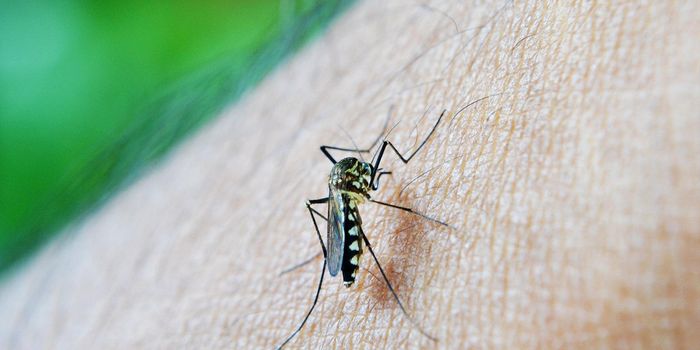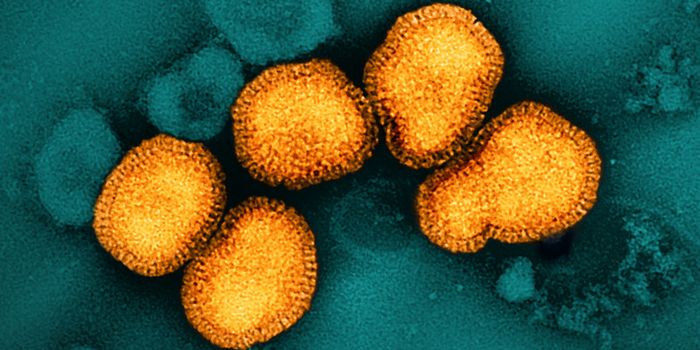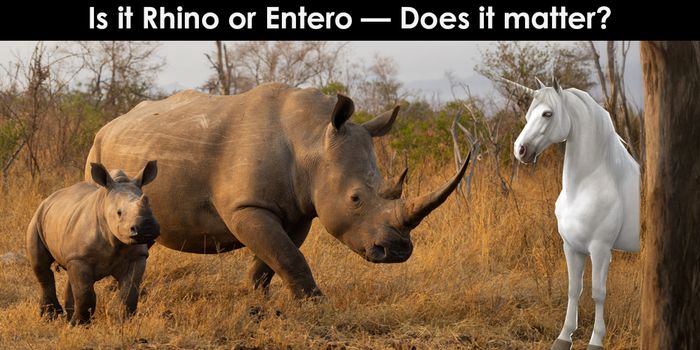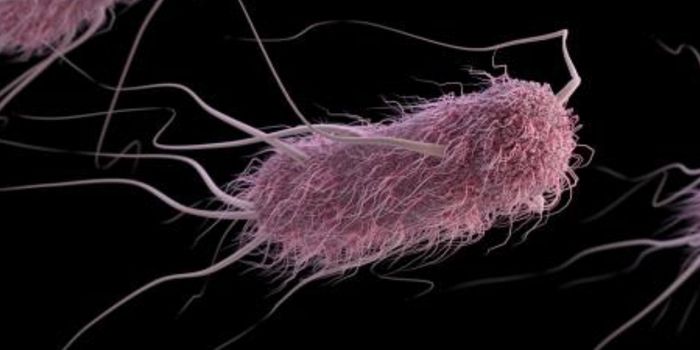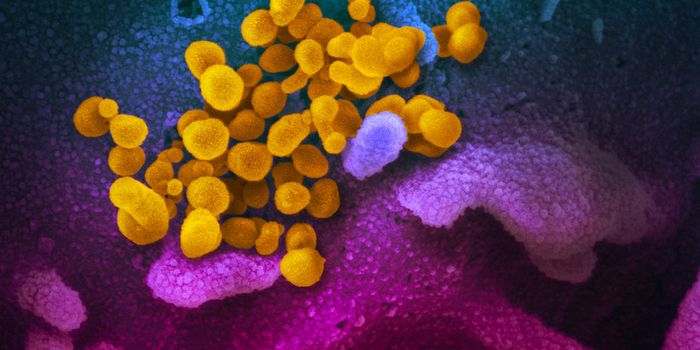Neanderthal Variants & Hookworm Exposure - Intriguing Influences on COVID-19 Severity
Two major new reports have identified some of the reasons why certain populations fared better while others were hit hard by the COVID-19 pandemic, which was caused by the SARS-CoV-2 virus.
In one report published in Nature, scientists used single-cell sequencing to analyze immune cells in the blood that had been obtained from 222 healthy individuals, and then exposed to either SARS-CoV-2 or the influenza A virus. This showed that SARS-CoV-2 triggers more diverse and weaker interferon-stimulated gene activity compared to the flu, and a pro-inflammatory signature in certain cells. The genetic activity triggered by each virus was also influenced in part by previous infection with cytomegalovirus (CMV). Previous exposure to CMV was found to account for as much as 73 percent of the differences in the proportions of immune cell found in African and European donors.
This work also indicated that genetic variants affected the immune response to viral infection. Previous work has determined that certain Neanderthal gene variants can exacerbate the risk for severe COVID. But this study has shown that other Nenderthal variants found in European and South Asian populations can provide some extra protection against SARS-CoV-2 infection.
For example, about 61 percent of East Asians and 24 percent of Europeans carry the rs9520848-C allele, which has been linked to an increase in the expression of the cytokine gene TNFSF13B in a subset of T cells. Resipiratory cells that carry the Neanderthal-derived rs2177336-T allele have higher levels of MUC20 expression, especially in CD4+ T cells. This has been associated with lower susceptibility to COVID-19 in Eurasians. These findings highlight how complex the genetic infleunce on the response to COVID-19 can be.
In an unrelated study reported in Science Immunology, researchers determined that exposure to parasitic hookworms likely reduces vulnerability to COVID-19. This work stemmed from the observation that certain parts of the world had much lower infection and death rates than others, noted study co-author Dr. Kerry Hilligan, a postdoctoral researcher at the Malaghan Institute.
"What's interesting is that these regions strongly correlate or overlap with areas where hookworm infections are endemic (consistently present within the population). We think that perhaps this endemic infection by hookworms is causing a population-wide interference in the establishment of more severe SARS-CoV-2 viral infections."
Infection interference refers to a phenomenon in which people don't usually become infected with multiple pathogens at the same time. It's also thought that some people have a short grace period after a case of COVID-19, during which they are unlikely to become ill with another respiratory virus such as influenza or RSV. It's thought that this occurs because the initial infection stimulates the immune system, which is in full swing and prevents another infection from occurring. This even seems to be true whether the offending germ is a virus, bacterium, or parasite, noted Hilligan.
In this study, the researchers used a mouse model of hookworm infection, which revealed that hookworms transformed gene expression in certain immune cells that hang out in the lungs, called macrophages. These hookworm-exposed macrophages were better at alerting the immune system about other invaders, including SARS-CoV-2. The macrophages were more efficient when it came to the secretion of molecules that recruit CD8 T-cells, which are virus-removing specialists, to the site of the infection.
This influence also seemed to last a long time in the mouse model, conferring a kind of long-term protection even after the hookworms were no longer in the body.
Now, the researchers are curious to determine of this immune-stimulating impact can be achieved without using hookworms.
Sources: Nature, Malaghan Institute of Medical Research, Science Immunology


